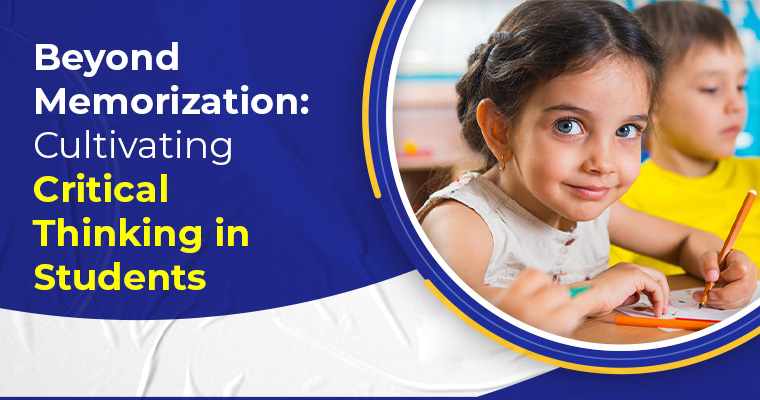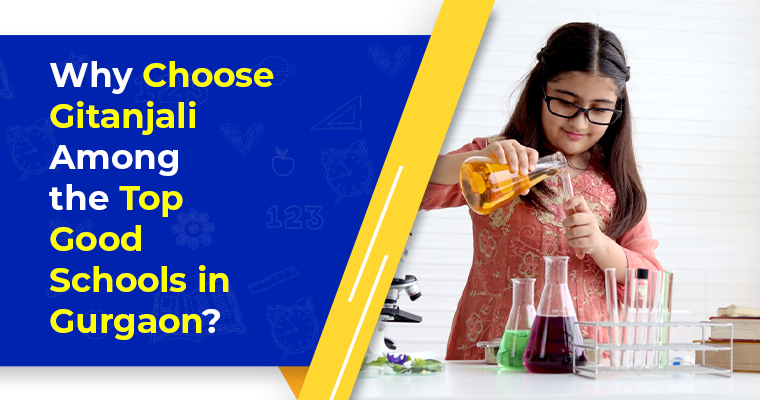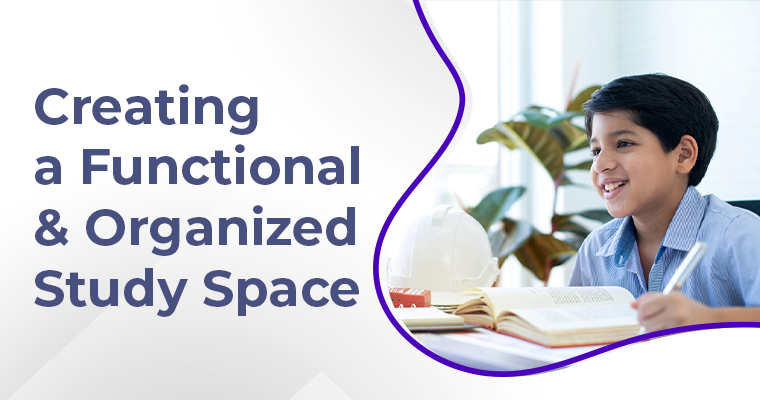
Gone are the days when education was all about memorizing facts. Today, education has evolved. It focuses on critical thinking rather than just learning concepts. Next-gen tools are transforming how students learn at top 10 CBSE schools in Gurgaon, making it more interactive and engaging.
Here’s how these tools help students develop critical thinking skills in schools.
1. Interactive Problem-Solving Tasks
Interactive problem-solving tasks are like the difference between reading a recipe and cooking a meal. These tasks help students apply what they learn to real-life situations. Students use their knowledge to solve challenges and puzzles. It is much like exercising muscles. This approach ensures that students actively engage with the material. It enhances their critical thinking skills.
For example, in top 10 CBSE schools in Gurgaon, teachers use interactive activities like Gitanjali International School does. These can be group projects or lab experiments. These activities require students to collaborate and apply their knowledge. They learn to think critically about how to solve problems.
2. Enhanced Feedback Systems
Enhanced feedback systems are disruptors in education. They provide immediate feedback to students. It helps them understand their mistakes and learn from them. This instant feedback promotes a proactive learning environment.
Gitanjali comes in the top 10 CBSE schools in Gurgaon, where teachers use various tools to provide detailed feedback. For instance, during quizzes, teachers can immediately explain why an answer is wrong. This helps students understand the correct concept. It helps improve their critical thinking skills. Instead of just memorizing answers, students learn to think about why an answer is correct or incorrect.
3. Collaborative Learning Platforms
Explaining a concept to someone else helps build your understanding. Collaborative learning platforms connect students with peers. It makes learning social and dynamic. Gitanjali among the top 10 schools in Gurgaon where students work in groups. This collaboration exposes them to different perspectives and solutions. It encourages open-mindedness.
For example, a group project on environmental conservation might involve students from different classes. They share ideas, debate solutions, and learn from each other. This interaction improves their critical thinking skills as they evaluate different viewpoints and come to a consensus.
4. Gamification Techniques
Turning study time into game time makes learning fun and engaging. Gamification techniques use rewards, challenges, and competition to motivate students. In top CBSE schools in Gurgaon, teachers incorporate gamification into their lessons to make learning exciting.
For instance, a math teacher might use a point system to encourage students to solve problems. As students earn points, they unlock new levels of difficulty. This method keeps them engaged and motivated to learn. Students actively participate and develop their critical thinking skills, by turning learning into a game
5. Adaptive Learning Technology
Adaptive learning technology personalizes the educational experience. It adjusts the difficulty and content based on how a student learns. In CBSE schools, teachers use adaptive learning tools to tailor lessons to each student’s needs.
For example, if a student struggles with a particular topic, the tool provides more practice in that area. If the student excels, the tool presents more challenging material. This personalized approach ensures that students are neither bored nor overwhelmed. They receive just the right amount of challenge to keep them engaged.
Benefits of Developing Critical Thinking Skills
Developing critical thinking skills has many benefits for students.
1. Improved Problem-Solving Skills
Critical thinking helps students become better problem solvers. They learn to analyze situations. They consider different solutions, and choose the best one. This skill is essential in everyday life and future careers.
2. Better Decision-Making
Students with strong thinking skills make better decisions. They evaluate information in a more enhanced way. They consider the consequences, and make informed choices. This ability helps them in personal life, and future work environments.
3. Enhanced Creativity
Critical thinking encourages creativity. Students learn to think outside the box. They come up with innovative solutions. This creativity is valuable in various fields, including science, technology, and the arts.
4. Stronger Communication Skills
Critical thinking improves communication skills. Students learn to articulate their thoughts clearly and logically. They can present their ideas effectively, whether in writing or speaking.
5. Lifelong Learning
Students who develop critical thinking skills become lifelong learners. They are curious, open-minded, and eager to learn. This attitude helps them adapt to new situations. They feel like continuing learning throughout their lives.
Conclusion
CBSE schools are revolutionizing the way students develop critical thinking skills. Schools are preparing students for the challenges of tomorrow. CBSE institutions help students become better problem solvers, decision-makers, and communicators. They encourage creativity and lifelong learning. It ensures students are well-equipped for the future.







